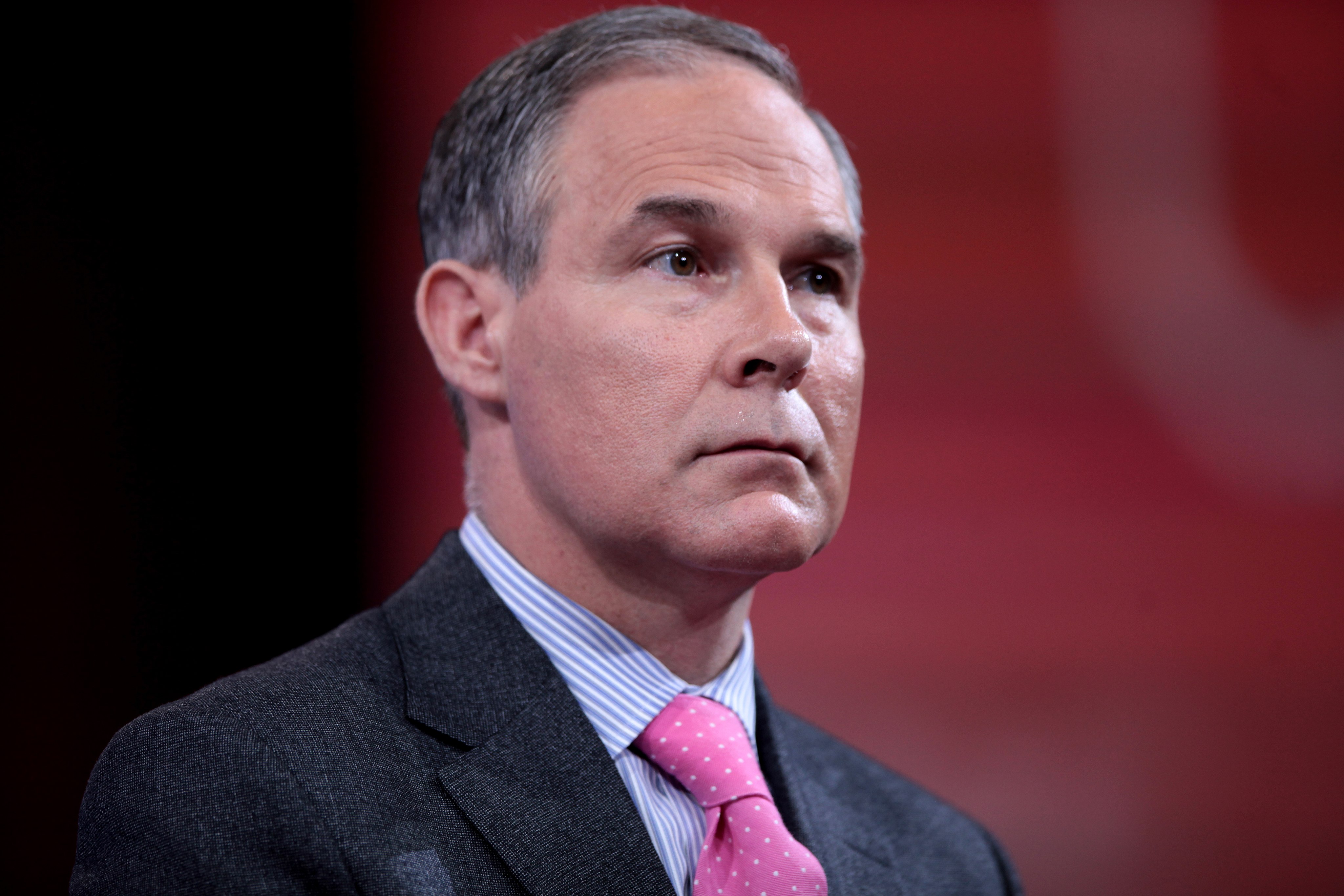Legal Defense Funds for Executive Branch Officials Must Be Regulated
There is currently no federal regulation governing executive branch officials’ use of legal defense funds. American Oversight is calling on the Office of Government Ethics to change that.

By DAN McGRATH
Counsel, American Oversight
Last year, former EPA Administrator Scott Pruitt created a fund to pay for his legal defense while he battled to stay in office in the face of more than a dozen ethics investigations and complaints. After Pruitt left the administration, reports surfaced that his lawyer had — without consulting agency ethics officials — solicited a donation of $50,000 from Diane Hendricks, a billionaire Republican donor whose companies had numerous facilities subject to EPA inspection.
While Hendricks’ donation raises serious questions about conflicts of interest and federal ethics law violations, there is currently no federal regulation specifically governing executive branch officials’ use of legal defense funds like Pruitt’s. American Oversight is calling on the Office of Government Ethics (OGE) to change that.
Ensuring public transparency is crucial to any such regulation. Specifically, significant donors to legal expense funds should be required to publicly disclose their identities, employers, and any interests they have that may be affected by the beneficiary’s agency — and the funds’ administrators themselves must be required to report this information to OGE and other ethics officials. To allow for effective oversight, this donor information should also be made public promptly so Congress and government watchdog groups can evaluate whether government officials have accepted gifts in violation of ethics laws.
Like Pruitt’s defense fund, the Patriot Legal Expense Fund Trust is yet another problematic example of the desperate need for such regulation. The fund was formed by certain undisclosed supporters of the Trump administration to pay the legal expenses of aides and former aides to President Donald Trump who were pulled into the various investigations of the administration and the Trump campaign. In an unprecedented step, the fund has refused to disclose the names of the multiple undetermined executive branch officials it aims to support.
The fact that the Patriot Legal Expense Fund Trust’s beneficiaries are unidentified makes it impossible for agency ethics officials and watchdog groups to determine whether officials have accepted donations from individuals who stand to benefit from their official government actions. For example, Sheldon Adelson and his wife Miriam donated a total of $500,000 to the fund in the fall of 2018, just a few months before the Trump administration reinterpreted a law to make it harder for online gambling to compete with brick-and-mortar casinos like those owned by Adelson — an action Adelson had lobbied hard for in the past. Because the beneficiaries of the fund are not publicly known, it is difficult to determine whether Adelson’s substantial donation has benefited officials involved in implementing the policy change he stands to gain from.
In addition to the disclosure of who is making the donations, OGE must require, through regulation, that legal expense funds have a single, publicly disclosed beneficiary. Both Pruitt’s defense fund and the Patriot Legal Expense Fund Trust, both set up to benefit Trump administration officials, are concerning examples of how unregulated pots of money can shake public confidence in the integrity of executive branch officials. To start to restore that confidence and to prevent corruption, OGE must regulate legal defense funds to ensure basic transparency and oversight.
In April, OGE issued a notice soliciting comments on whether and how legal expense funds should be regulated. Read American Oversight’s letter to OGE below: